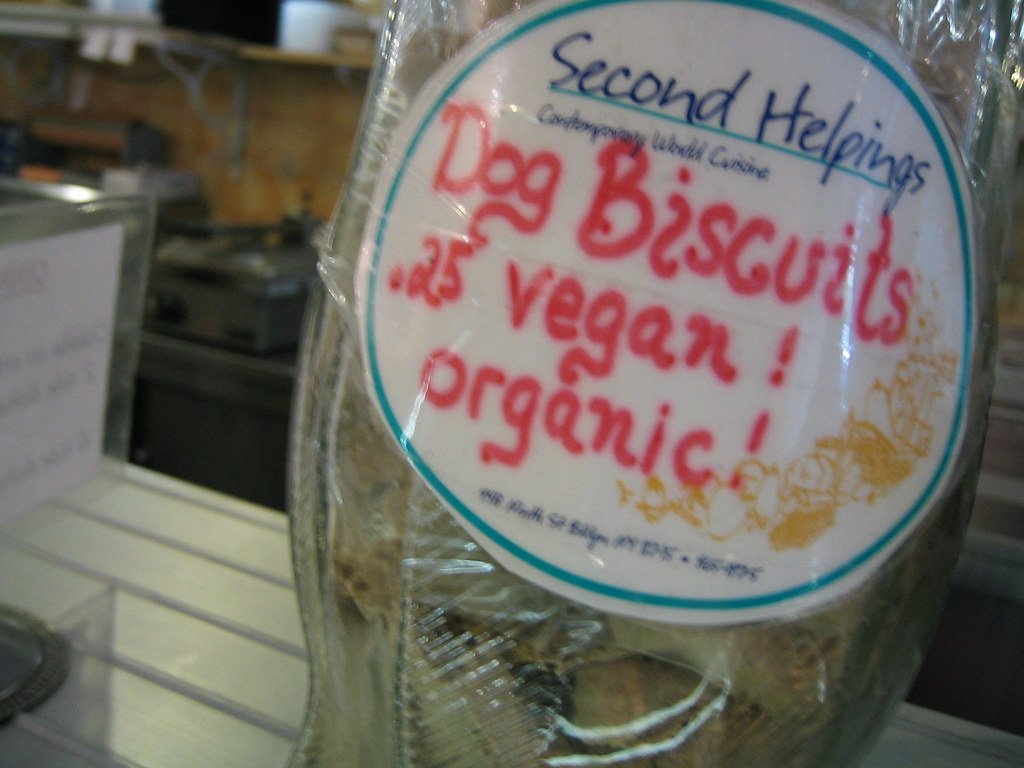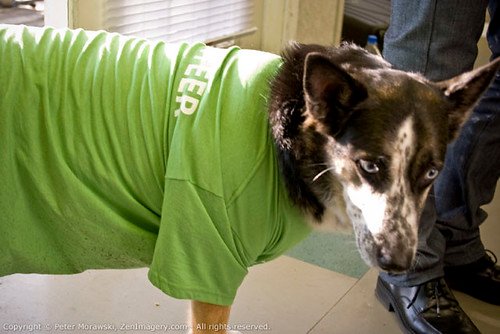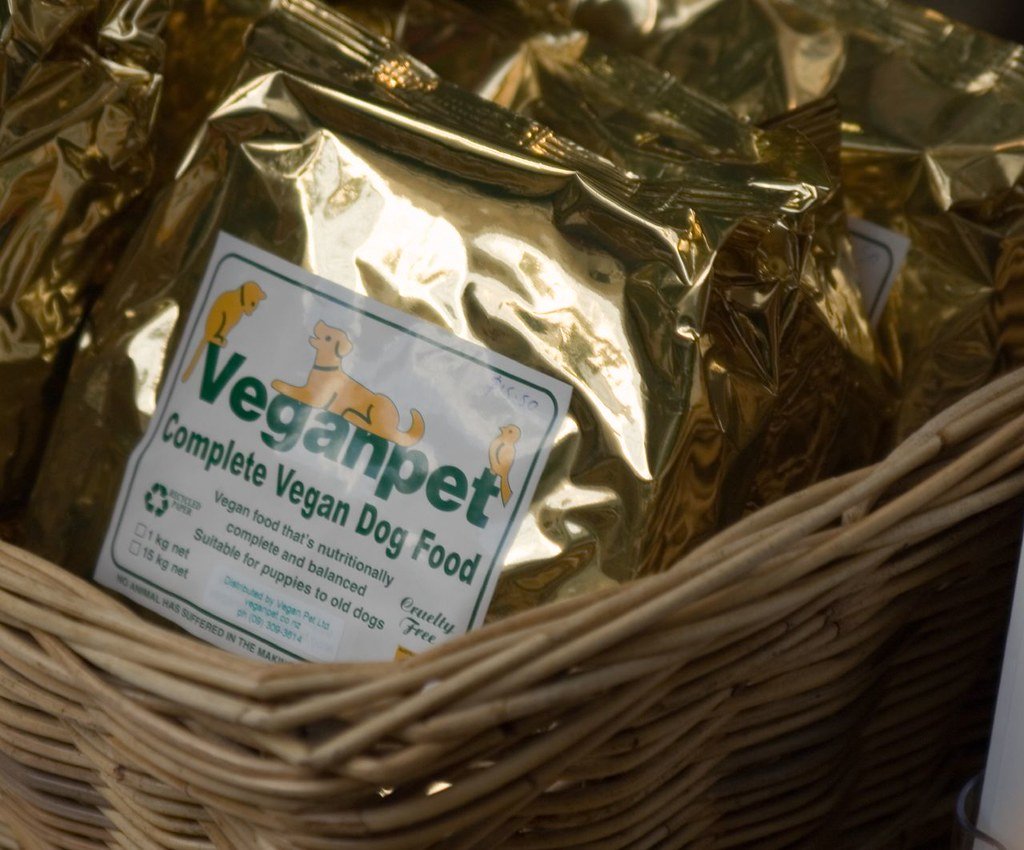A Systematic Review of Vegan Diets
The bond between owners and their dogs is a strong one, and it’s well known that owners put a special focus on dog vegan diets. This focus has coincided with a growing trend towards vegan diets due to ethical and sustainable concerns, and an increase in consumer-led vegan products for dogs.
Dogs are classified as facultative carnivores. This means that they can obtain nutrients from both animal and plant sources. The anatomomical and physiological characteristics of dogs show they are essentially meat eaters. So an increase in dog vegan diets has raised eithical and safety concerns.
In 2023, research was published in MDPI called “The Impact of Vegan Diets on Indicators of Health in Dogs and Cats: A Systematic Review.” The researchers were Adriana Domínguez-Oliva & Daniel Mota-Rojas from Universidad Autónoma Metropolitana, Mexico; and Ines Semendric & Alexandra L. Whittaker from University of Adelaide, Australia.
The four researchers examined 16 studies of dog and cat vegan diets that were completed between 2009 and 2022. Of the 16 studies they examined, 11 were conducted on dogs. The researchers noted that past research had mainly been limited to nutrional studies only. Instead, they wanted to find out the overall health benefits and drawbacks of a dog vegan diet.
Owing to what the researchers called “grey literature,” the concept “vegan” was used to include “plant based”, “vegetarian”, and “meat-free”.
Studies Of Dog Vegan Diets

Blood and Biochemical Findings
The researchers found that most of the studies showed dogs on vegan diets had normal levels of essential amino acids, vitamins, and minerals. A few of the studies reported higher red blood cell counts, but mostly normal amounts of hemoglobin (essential in delivering oxygen from a dog’s lungs to its cells). There were some deficiencies of folic acid, iron, and vitamin B12, which would otherwise be obtained from a meat diet.
Clinical Findings
The dogs appeared largely healthy on a vegan diet. Their skin and body condition were in good condition. No loss of hair on their coats was observed. The vegan food appeared to be well-accepted by the dogs, and their fecal scores around normal. Only the pH value of urine tended to be high, but not with notable health concern.
The small sample size of the studies was noted, and the general lack of high-quality data on dog vegan diets available. The lack of clinical research means that veterinarian organizations don’t necessarily have all the information they need to take official stances on whether dog vegan diets are safe or not.
Guardians’ Findings

Dog owners also thought that their dogs looked healthy on a vegan diet. They reported less visits to the veterinarian, and less use of medications. The owners believed that their dog lived longer due to the positive effects of being on a vegan diet. They also thought their dogs liked the taste of vegan food. The only problem, they said, was that their dog toileted more often and the stools were in greater volume than when on a meat diet.
With owners touting the benefits of a vegan diet, and mitigating the drawbacks, the researchers noted that there was the possibility of selection bias by owners due to the strong ethical considerations of owners having a vegan lifestyle themselves.
Final Thoughts
Dogs didn’t appear to be unduly impacted by being on a vegan diet. Despite being carnivores, dog vegan diets, if properly formulated, appears to have the nutrional inputs that a dog requires. But the quality of the vegan dog food is important. If it doesn’t have the nutrients that a dog needs, then the dog’s health is likely to suffer.
The researchers almost noted that dogs fed on a a vegan diet could be better looked after due to the owners having an economic and knowledge gap over other owners. This would mean that a vegan diet isn’t necessarily the main determinant in why a dog may be in good health.
But while these limitations exist, the research does suggest that properly formulated vegan diets can be a healthy option for dogs, with potential upside for good health and increased lifespan.






